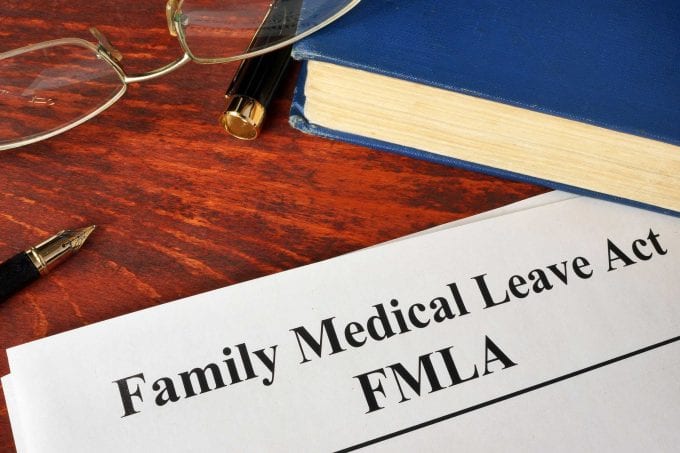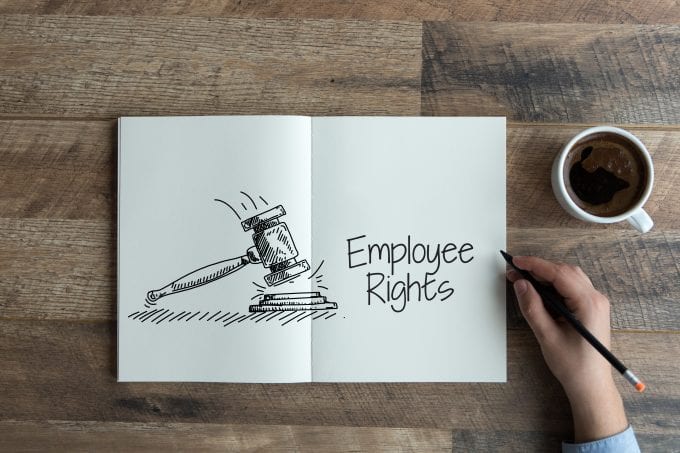The federal employment laws cover all rights and obligations in the context of the relationship between the federal government and its employees. These laws not only cover the current employees but also take care of former employees and job applicants.
Decades ago, employees were at the mercy of their employers when it came to occupational safety and benefits. However, in the 20th century, things started to change as the push for the rights of employees gained momentum. Consequently, several fundamental laws were enacted. Millions of Americans today depend on such laws for enforcing and protecting their rights.
Currently, The Department of Labor enforces about 180 employee protection laws ranging from parental leave to pay requirements. Other agencies, such as the US Equal Employment Opportunity Commission, ensure that the laws for protecting workers’ rights are implemented.
Many legal issues involving the federal government relating to workers’ rights. Owing to the complex nature of the employment relationship, a range of issues can arise in the workplace.
Whether you’re a job seeker or an employee, understanding federal employee rights is vital for overcoming many workplace-related challenges. Here are some of the reasons why you must know and understand your rights.
1. You Deserve Protection Upon Whistle Blowing
If you work for a government agency and report waste, legal violations or fraud, federal law is there to protect you from retaliation. When an agency takes or threatens to take action against you, or fails to protect you because you reported a violation. It’s important to understand that your rights have been contravened.
Most laws on whistleblower protection are incorporated into other laws that govern the industry. The Occupational Safety and Health Act (OSHA) WhistleBlower Protection Program is primarily responsible for protecting employees from job loss and other reprisals that may come as a result of speaking up. If you feel that your rights have been violated for whistleblowing, you can notify the authorities under OSHA within 30 days of the incident.
2. Health Coverage Is Your Right

All federal employees are eligible for coverage under the Federal Employees Health Benefits (FEHB) program unless the law expressly excludes such coverage. Your employer will typically examine these rules to determine your eligibility. Today, the federal government operates six major healthcare programs that cover around 100 million Americans.
The FEHB Program is the world’s most extensive employer-sponsored insurance program. It covers about 9 million people, including employees and their families, annuitants, and a few former employees and their spouses. The program offers a Health Maintenance Organization (HMO) plans, fee-for-service plans, and Point of Service Products. If you’re wondering whether you’re eligible for FEHB, check out if you meet the following requirements:
- A permanent federal employee with a frequent tour of duty
- A temporary employee with an appointment period of more than one year
- A temporary employee with an appointment period of one year or less but has completed one year of continuous employment with a service break of not more than five days.
If you’re an intermittent employee (you don’t have a regular tour of duty), you’re not eligible for enrollment. The law also excludes some positions.
3. A Better Way To Avoid Or Deal With Workplace Accidents And Injuries

The Federal Employees Compensation Act was signed into law in 1916 and still serves as a focal point around which employees’ compensation programs operate today. However, the law has gone through several changes to become a modern means of compensating employees for job-related disease, injury, or death.
As a federal employee, you must know that you’re entitled to a safe workplace. Your agency must provide a workplace that is safe from known safety and health hazards. Also, the law protects you and you can speak about related issues without the fear of retaliation.
If your workplace is not safe enough or unhealthy, you can file a complaint with OSHA and request an inspection. Bringing these conditions to your employer’s attention will help in making the necessary improvements.
4. You Could Be Earning Less Than The Minimum Wage

The Fair Labor Standards Act (FLSA) is a law that protects American workers from receiving less than the minimum wage for their work. Currently, the minimum wage stands at $7.25 an hour, effective from 24th July 2009. Some states may have different laws for minimum wages. In such cases, where an employee is subject to both the state and federal minimum wages, the higher minimum rate is typically used.
There are some instances where exceptions apply to the minimum wage. Full-time students, workers with disabilities, youths under the age of 20, student learners, and tipped employees are some such exceptions.
If you’re a federal employee under the age of 20 and still within the first 90 consecutive days of employment, you’re eligible for a minimum pay of under $4.25 per hour of work.
You should also check for changes to the minimum wage amount from time to time. Minimum wages can be changed when the president assents to a bill that has been passed in the congress.
5. A Family Leave Is Your Right

In 1993, the Family and Medical Leave Act (FMLA) was passed. The law grants employees up to 12 weeks of unpaid family leave. The leave can be given in the wake of the severe illness of a family member, or in the case of childbirth or adoption.
To meet the paid leave requirements, you must have worked with the relevant agency for at least 12 months and logged a minimum of 1,250 hours. You can also click here to know more about this information.
6. Enjoy Special Preference As A Veteran

If you’re a veteran, you’re better placed to get a federal job. The law requires veterans, who served for a specified time in the military or who got disabled in the line of duty, to be treated with preference both in hiring and during employee retrenchments.
Still, the purpose of Veteran’s Preference is not to have veterans taking up all federal jobs. The law provides a uniform way in which only qualified veterans receive preferential treatment.
Final Thoughts

Federal employees have a variety of rights established under various federal laws. Some laws cover whistleblowing, health and safety, minimum wages, family leave, and the treatment of our respected veterans.
If you feel that your rights have been violated in the context of your employment, you can file complaints with relevant agencies. You may contact an experienced employment attorney to guide you about the steps that you may need to take to enforce your rights.










